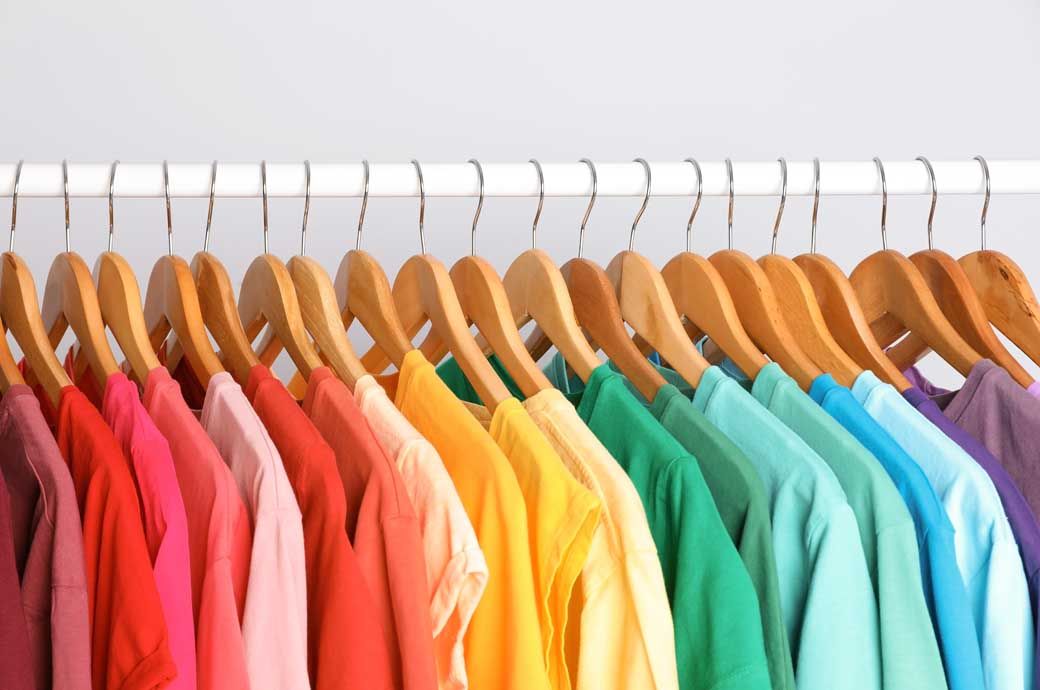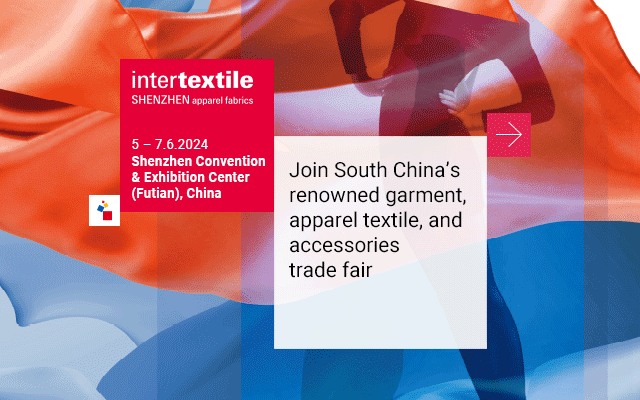Bangladesh apparel exporters cry hoarse over incentive cut move

Insights
- Speaking to Fibre2Fashion, deputy managing director of MBM Group Mohammad Mehroz Jalil said the decision was unanticipated and termed it a double whammy, coming close on the heels of wage hike.
- Managing director of Plummy Fashions Ltd, Md Fazlul Hoque said stakeholders should have been taken into confidence first; warns of cascading effect across the sector.
These changes, which took effect on January 1, 2024, have sent shockwaves through the industry, as stakeholders get ready to deal with the implications of reduced support with Bangladesh standing on the verge of transitioning from a least developed country (LDC) in a couple odd years.
The government decided to withdraw cash incentives for five garments items which account for a sizeable chunk of the industry’s total exports while cash incentives for other apparel items have been reduced by half, dropping from 1 per cent to 0.5 per cent.
The government also cut subsidies for other export items.
Apparels accounting for nearly 84 per cent of Bangladesh’s total exports, garment exporters receive the highest cash incentives consequently.
However, due to this decision, there would be effectively no cash assistance for virtually 56 per cent of the apparel exports, informed industry insiders to Fibre2Fashion.
They explained that the product rate is determined by reducing the subsidy amount when fulfilling orders from the overseas buyers.
As a result, garment manufacturers will count considerable losses owing to the sudden announcement of withdrawing the assistance without prior intimation.
“The decision is pretty much unanticipated and abrupt, I personally feel,” claimed Mohammad Mehroz Jalil, the deputy managing director of MBM Group, speaking to Fibre2Fashion, adding, “Considering that we are in the month of February and there’s still some time left for the next budget to be presented, which is usually when anything new related to incentives and other fiscal measures are introduced, the announcement caught us off guard.”
What surprised Jalil more is the fact that many the people’s representatives elected this time around in the general elections are related to the apparel sector.
They understand well the industry’s relevance for Bangladesh’s economy and are expected to advocate for its interests. The garment industry—contributing more than 84 per cent of total exports, 28 per cent to the GDP and employing approximately four million people—serves as the lifeline to Bangladesh’s economic growth and stability, making it imperative to consider the implications of policy changes carefully.
“It is sort of a double whammy; first there was the wage hike and now we have the export subsidy cut…Given the challenging business landscape we are operating in currently, this is going to have ramifications for sure,” expressed Jalil.
MBM Group is an HR-driven organisation steeped in its core values of CSR, innovation in products, processes and sustainability, which has helped it to forge long-term partnerships with a wide range of brands and retailers from across geographical locations, including names like Levi’s; H&M; G-Star RAW; American Eagle Outfitters; Lee; Wrangler; JCPenney; Kohl’s; OVS; O’Neill; Pepe Jeans; Gas, and many more.
On January 30, 2024, the Bangladesh Bank issued a circular to commercial bank CEOs, outlining the government’s decision in anticipation of Bangladesh’s exit from the LDC category.
The government aims to stimulate export trade by providing incentives or cash aid to 43 sectors in fiscal 2023-24. However, in compliance with World Trade Organization (WTO) regulations, export-dependent subsidies will be phased out as Bangladesh transitions from LDC status, posing challenges for export sectors post-2026.
To prepare for this transition, the government has initiated a gradual reduction in cash assistance rates for various sectors since January 1, 2024. During this period, 43 products will continue to receive incentives or cash aid, ranging from 0.50 per cent to 15 per cent.
Earlier, exporters received a maximum support of 20 per cent.
Notably, agricultural produce, processed agricultural produce, diversified jute, potatoes, and halal meat will receive a maximum of 15 per cent support for export.
Additionally, a 3 per cent subsidy will replace duty bonds and duty drawbacks for the export-oriented domestic textile sector, while small and medium industries in the export-oriented readymade garment sector will receive 4 per cent support. Furthermore, 3 per cent assistance will be given for new products and markets in the textile sector, specifically targeting exporters in the eurozone.
Moreover, the textile sector will receive an additional 1 per cent special assistance, totalling 4 per cent, along with special cash incentive of 15 per cent for readymade garments, 7 per cent for jute final products, 5 per cent for jute, and 12 per cent for leather goods exports.
These measures aim to facilitate a smooth transition for Bangladesh’s export sectors as the country prepares to leave the league of least developed countries. However, stakeholders must adapt to the gradually diminishing support and prepare for potential challenges post the LDC graduation in 2026.
“Choosing to cut/reduce subsidies suddenly will not help anyone,” underlines Md Fazlul Hoque, managing director of Plummy Fashions Ltd, speaking with Fibre2Fashion, reflecting a widespread belief among industry players who feel the decision is a bit premature, and might have been taken to safeguard the overall fiscal health as Bangladesh continues to battle currency fluctuations and dwindling foreign reserves.
Spread over six acres of lush green and landscaped gardens at Narayanganj, 20 kilometres south of Dhaka, Plummy Fashions Ltd, is purportedly the highest-ranked knit apparel unit globally, which successfully caters to a wide range of global clientele.
Elaborating further, Fazlul maintained garment manufacturers receive incentives post-shipment, which typically takes 10 months to a year to materialise. As such, he noted, the government could have utilised the fund to address the immediate fiscal pressures, expressing scepticism about the decision’s rationale while also emphasising the importance of consulting the stakeholders beforehand.
His sentiments were echoed by many others in the industry, who apprehend a ripple effect across the sector in the days to come, affecting potentially everyone, more so the textile millers.
Their primary concern centred around the fate of approximately 200 export-oriented spinning mills that supply fabrics for local garment production. There is a palpable anxiety that these mills could face existential crisis in the absence of sufficient fiscal support.
This will not augur well for the garment industry and its overall stability.
In response, businesses petitioned the finance minister to postpone the proposed measures until Bangladesh reached the middle-income status. They highlighted the urgency of reinstating earlier cash incentives and even recommended to increase their scope further, to address the industry’s myriad challenges.
They are for immediate action to safeguard the industry’s competitiveness.
Under mounting pressure, from the trade bodies and business leaders included, the finance minister affirmed his government’s willingness to revisit the decision.
It helped to reinstate some confidence amongst the apparel makers.
"We can only hope the government listens to our plea, keeping the larger interest in perspective," stressed Mehroz Jalil, highlighting the importance of reassessing the incentive rollback decision and the industry's resolve to overcome the challenges, to end on a positive note.
Fibre2Fashion News Desk (DR)
































-Ltd..jpg?tr=w-120,h-60,c-at_max,cm-pad_resize,bg-ffffff)





.jpg?tr=w-120,h-60,c-at_max,cm-pad_resize,bg-ffffff)
.jpg?tr=w-120,h-60,c-at_max,cm-pad_resize,bg-ffffff)






